Summer's end
Still alive, still posting, new wifi network
(Elizabeth, N.J., taken June 1)
I’ve been overwhelmed with change lately, all of it good. The chief reason for ignoring this newsletter was my first move in nine years, from a condo I bought as a bachelor to the home I’ve bought with my wife. As I write this, I am looking out from our breakfast nook at the fig tree that climbs one of its walls. If I turn my head I see the backyard, rough-cut from my first experience with an electric lawnmower. I turn it again and I see the family room and fireplaces, half-full with the empty boxes I recycle ever week.
Now you understand why I wasn’t running. We moved, I’m busy, and not bored yet with pulling stuff out of storage to give it a permanent place in my first real home. It’s exactly what my wife and I wanted, lucky us: Neighbors who say hi to each other, short walks to coffee shops and supermarkets, quiet but not isolated. The last owners cleaned up and floored the basement, so when I’m not working or eating or elsewhere, I’m lining up books on shelves to make a library.
I worry that this isn’t interesting. Buying so many things to read and listen to is settling in as the major regret of my life. Every minute spent lifting books out of a box is spent. No fresh air, no new diversion, no reward except a little dopamine minute from recognizing an object. In a few months that time would be stolen from my kid. What use will I get from this stuff? I grit teeth and think about what I could live without. I pick up albums that I listened to once then put in a box. A small heavy duty Home Depot box gets emptied and I turn it into a CD giveaway box. Give to who? Figure out later.
Occurs to me that I have always lived with a mess off things to read, a hobby that was cheap to indulge — for my parents to indulge — when I was a kid. Maybe I luck out and pass this on. There should come a point, if I’m responsible, when I can sell a lot of it. My college hall-mate Josh, the friend who got me back into comics in my late teens, sold his life collection at least once, paying for a lifestyle that required a lot of international travel, and I winced about that. I get it now. If I could meet people who’d read these books or listen to these albums I’d give most of it to them. I just hate wasting it. Because of the money it might be worth? I don’t know.
I’m a little worried that a kid would inherit my obsessive habit. Less so because I want to prevent that. Obviously, I am trying to write about it with no spin in one draft so my honest thoughts come out.
The important thing: Just write something. The section below I wrote two months ago, as a mid-summer update, and put down once the move got serious.
The theme of my early 40s has been dismantling the world I built for myself in my 30s. How did I build it? Starting in 2014, when I was 32 and began to travel more frequently for work, I liked to take home some token of the new places I was visiting. Did I have a few hours left before a flight? Was I driving home, through some cities or towns I’d never been to? I would commemorate that in one of three ways.
One: Buying drinks or food for friends back home. For a long time that meant a local six-pack of beer that could get dropped off at a BBQ or put in the cooler when I brought friends over. Two parties at my house a year, typically; something to offer when one or two close friends came over to watch a game or set up a “decision desk” for election nights. Then I got married, and coffee beans replaced the beer. I’d be told to quit it with the beans.
Two: Sending postcards. The best of these decisions, by the way — highest ROI in tourism. You live on your friend’s fridge for months, and they may even keep it for a move, or hesitate before they throw it out.
Three: Finding a local used book or comic store and buying something that would remind me of the trip.
This led to a lot of low-cost book-buying, mostly a waste of money. Very few of the books were bad, but I could only finish one at a time, and getting too sucked in by them sometimes made me boring on trips.
I’m only getting through it now, on slow days, or on transit. My first trip of June, to New York, was good for that. I took public transit everywhere, going native, getting as annoyed as everybody else when two hard rains came and most of the stations dripped water. My home base was a discount chain hotel in midtown, with two flaws. One: It went up to 45 floors, served by four elevators, and at a busy moment you could wait five minutes for a ride. When it rained hard, the rooms smelled a little like sewage.
So I spent very little time there, even turning down the protein smoothies which were offered during a short time window on my first day and never again. On my one night off, after I finished an interview with a candidate in Coney Island, I walked to a diner that had been filmed in “Anora” and met Damin Toell, an attorney I knew only from Twitter. I’ve been doing real-life meetings with people I met online first for 30 years, and it has only backfired once, when a friend who turned out to have no social skills whatever came with me to a party. The host asked if he liked football. “No,” he said, “because many years ago, I learned how to read.” Should add: This was a birthday party. I excused us maybe 10 minutes later.
This dinner went much better. It was the end of my day, so I ordered white table wine; it was a diner, so I ordered corned beef hash. The incongruity occurred to me only after the waiter had taken my ticket to the kitchen. I’d love to report that the finish of my light-bodied white complemented the crunch of the pan-burnt potatoes and pork fat, but it didn’t, and I had to rely on the conversation to save the evening. Damin and I got right into an old-friends rhythm and it worked.
On the clock, I got the stories I needed, and took the same train home as my editor. We planned ahead for two unplannable weeks, and ate Amtrak hot dogs. I got home and began looking for a new house, in the area, with my wife. We found
I entertained myself on the commutes.
The Best Thing I Read. “The Coming of Conan the Cimmerian,” the first Penguin collection of Robert E. Howard’s Conan stories. This is the DNA of the sword-and-sorcery genre, which I love but don’t seek out. I would, if it read closer to this. Howard, an outer member of the Lovecraft circle, was a lore-head, consuming ancient history and mythology then inventing his own heroes and gods in a made-up war world.
Howard’s more fund to read than Lovecraft, with faster-moving stories, repartee, and a hero who damsels want to sleep with. He screws up, but he never loses; visions save him from an ambush, pure will wins him a fight with frost giants. I’ll read the other two Penguin volumes of these stories, but would recommend this to anyone, and the errata (most of it by Howard) draws you even further in the world. Tolkein did the same lore-building, decades later, and drew up billions of dollars in IP. Filmmakers haven’t bothered with Conan in a while — none of us saw that Jason Mamoa reboot — and the stories read fresher because they haven’t.
“The Genius Myth” was the best new book I read, years of strong research into the great man theory of science and history. That one was on work time, for a newsletter item, and so was “Bibi,” the brick of a memoir Benjamin Netanyahu published during his brief period out of power, in the Biden years. I learned a ton about the conflict, from his perspective, and got foreshadowing about everything he’d do after Oct. 7. He regrets that Golda Meier didn’t strike first when Israelis had intel about a possible Arab strike, and instead let the Yom Kippur War happen. “Everyone likes a winner and striking first usually gives you a big advantage,” he explains. His whole theory of war is in here, as is seemingly every thought he had when investigators forced his wife to search their belongings for foreign gifts. What he learned, early on, was how to sell.
“In today’s world, you can’t defend a military victory without a political victory; you can’t defend a political victory without a victory in public opinion; and you can’t win public opinion without an appeal to justice,” writes Netanyahu. “If your adversaries succeed in portraying your cause as unjust, they will gradually erode your position. It didn’t matter if your cause was a genuinely moral one if you didn’t present it as such.” And he can think of a guy with a genuinely moral cause.
Most of my other reading was about shrinking the piles, a task that takes up a lot of happy weekends, in between work. “The Futurological Congress” was my biggest surprise, a slight Stanislaw Lem novel I’d bought because I’d seen the barely-related movie 10 years ago. In it, Robin Wright plays herself, a few years in the future, taking a one-time sum of money to scan her body and likeness so that a movie studio can use it in perpetuity. The only thing taken from the novel is Wright’s later confusion between an action-packed cartoon reality and the real, decaying world; Ijon Tichy spends half the book in that state, and his hallucinations are almost as interesting as the 100-story Hilton on an overpopulated earth, the place where he’s having them.
I finished some solid nonfiction last month, and the only chore was “Start-Up Nation,” Dan Senor’s adoring study of Israeli corporate and societal advances. Sometimes you just suck something gamey down because you want the information. It was the least engrossing of the three Israeli books I read — didn’t have the chest-pounding swagger of Bibi’s memoir, didn’t absorb me like Tom Segev’s Ben-Gurion biography. The balance of critical and hagiographical material felt right. I had the most fun with “I Want My MTV,” one of the bigger books from the 2000s oral pop history boom. My copy, picked up at a 2-1 sale (never took the sticker off), ended in the nineties; there is a version that covers the next 30 years. The first version had a definite arc, ending with the “Real World,” when the channel created a form of entertainment that would subtract, zero-sum, from music.
The book is unapologetically pro-MTV, even though it includes vivid anti-MTV voices, almost all of them musicians. It argues that “Rock Me Tonite” is the worst video ever run on the channel, ruining the career of Billy Squier by convincing most of the rock audience that he was gay. But how much gas was left in the Billy Squier tank? Acts that didn’t fall off like this stopped filling arenas, too, when another trend took over. I was entertained when I wasn’t convinced.
Books read
Non-fiction
Mary Beard, “SPQR: A History of Ancient Rome”
Michelle Alexander, “The New Jim Crow”
Helen Lewis, “The Genius Myth”
Neil Postman, “Amusing Ourselves to Death”
Douglas Murray, “On Democracies and Death Cults”
Saint Augustine, “Confessions”
Karine Jean-Pierre, “Moving Forward”
Dan Senor and Saul Singer, “Start-Up Nation”
George Harrison, “I, Me, Mine”
Benjamin Netanyahu, “Bibi”
Evan Osnos, “The Haves and Have-Yachts”
Greil Marcus, “Lipstick Traces”
Rob Tannenbaum and Craig Marks, “I Want My MTV”
Tom Segev, “A State at Any Cost”
Josh Dawsey, Tyler Pager, and Isaac Arnsdorf, “2024”
Robert V. Remini: “Andrew Jackson, Vol. 1-3”
Muriel Spark, “Mary Shelley”
Fiction
Arthur C. Clarke, “Imperial Earth”
Richard Bachman, “The Regulators”
Robert E. Howard, “The Coming of Conan the Cimmerian”
Stanislaw Lem, “The Futurological Congress”
Mikhail Bulgakov, “The Master and Margarita”
John Banville, “The Sea”
Andre Gide, “The Immoralist”
Andy Weir, “Project Hail Mary”
J.G. Ballard, “The Crystal World”
Comics
Rick Remender, “Black Science Vol. 1”
Dash Shaw, “New School”
Shigeru Mizuki, “Tono Monogatari”
John Ostrander, “Suicide Squad: Trial by Fire”
The Best Thing I Watched. I liked “The Phoenician Scheme” more than most people. We saw it mid-day on a Sunday date, stretched out on recliners under powerful air conditioning on a painfully hot day. Ideal conditions.
Half of “Woodlands Dark and Days Bewitched,” a documentary about folk horror, is my favorite modern horror documentary. It’s a very close study of British nightmare myths, a tradition that most Americans see first in “The Wicker Man,” but started decades earlier with Algernon Blackwood and M.R. James — and even earlier, to consider the pagan history they were drawing on. This half of the film recovers poorly-shot BBC horror films based on stories that are very rarely read anymore, and never adapted.
(from “Woodlands Dark and Days Bewitched”)
My scripted movie-watching has slanted towards two types: The ones my film writer friends talk about and the ones nobody talks about. “Windy City Heat” was one of the first types, an early Bobcat Goldthwait movie that I’d heard was some kind of prank. It was: Goldthwait filmed Perry Caravello, an offputting character actor trying to make it big, in an elaborate hoax where he stars in a blatantly terrible gangster movie. (One piece of dialogue: “Of all the gin joints in all the world, frankly my dear I don’t give a damn.”) You cannot help but love Caravello, a meathead who looks like Larry Fine if he intermittently bench-pressed. When angry, he screams his words in a piercing, high-pitched voice. Never said, but hard not to think about: Is he autistic? Should we be laughing at this? I’ve thought about it, and, sure.
(From “Windy City Heat”)
I watched more of Alan Rudolph’s movies because I’d enjoyed “Mrs. Parker and the Vicious Circle” so much, and because the art streamers suddenly made them available. “Trouble in Mind,” I liked best. Kris Kristofferson is a former cop who does eight years on a murder conviction and decides to stay outside the law. Keith Carradine is a ne’er do-well who enters a life of crime to make his wife happy. (“You push me, but you don’t like where I go.”) Lori Singer plays the wife as a naif who every man desires. (She is shopping for her baby, with her baby, and the salesman tries to nail her in a back room.) Marianne Faithfull sings the music, voice already sepulchral at age 39. (This is the voice she’ll have for the rest of her career, introduced to 90s metal kids when they hired her to sing “la la la” in “The Memory Remains.”) Divine plays a male mob boss, no wig over his bald head and white hair, whose criminal empire is, in a leisurely way, threatened by both of the leads. It’s the best casting in the movie; he is charismatic and dainty, threatening because someone like this must be ruthless to have so many men doing what he says.
(Divine in “Trouble in Mind”)
I’ve seen a few of Albert Pyun’s movies, which some film writers have started to rediscover and lift up, a reaction to the more cynical MST3K mindset that people like me grew up with. Pyun’s movies are cheap and ridiculous, but he composes beautiful shots that look better than anything Hollywood does in the streaming era. I started with the “Pyun cut” of “Captain America,” which fans say salvages the infamous direct-to-video dud. Why does it end with the Red Skull climbing the stairs to the piano he keeps outdoors at the top of his citadel? You won’t care when you see how Pyun shoots it. The premise of the movie remains “what if Captain America wasn’t very good at it?”
And I’ve seen more of Henry Jaglom’s movies, which I don’t know any fan of. Not in real life, and I don’t think online. Nobody talks about these rambling, neurotic comedies (and some dramas), made by a male feminist who not only wears a floppy hat everywhere but has shared the letter he got from Elia Kazan telling him to change it. But I am becoming an expert about them.
The Best Thing I Heard. Did I recommend “The History of Rock Music in 500 Songs” already? I’ll do it again because the episode about “Eight Miles High” is astoundingly good, a confident guide to Raga and the Dorian Mode, threading jazz’s history into rock, which is exactly how to do it. My walking-around distraction has been that or it’s been one of the composer mixes on Apple Classical.
It’s unadventurous and I love it. We saw Pulp and Sparks a few days apart, two very good stage shows, but Pulp had more stage to work with and more effects. At one point, fog filled The Anthem, which made a sun projected behind Jarvis Cocker the only bright source of color in the room, which clicked when Cocker stood at the top of a stairway and vamped in the sun, silhouetted, beautiful.

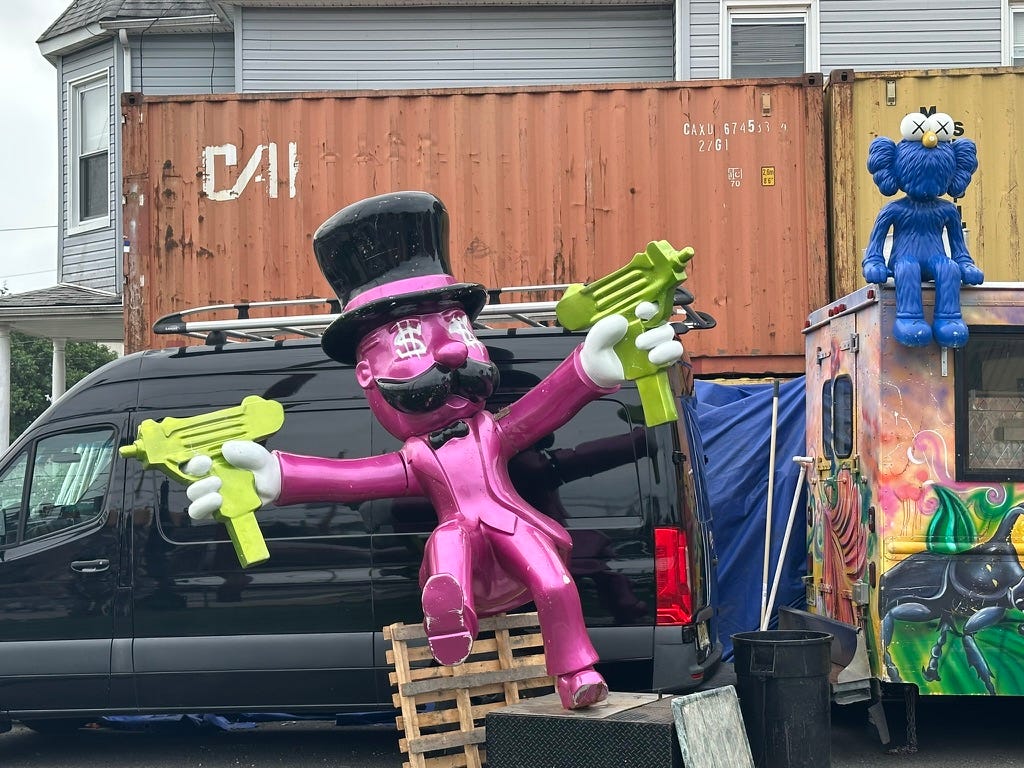
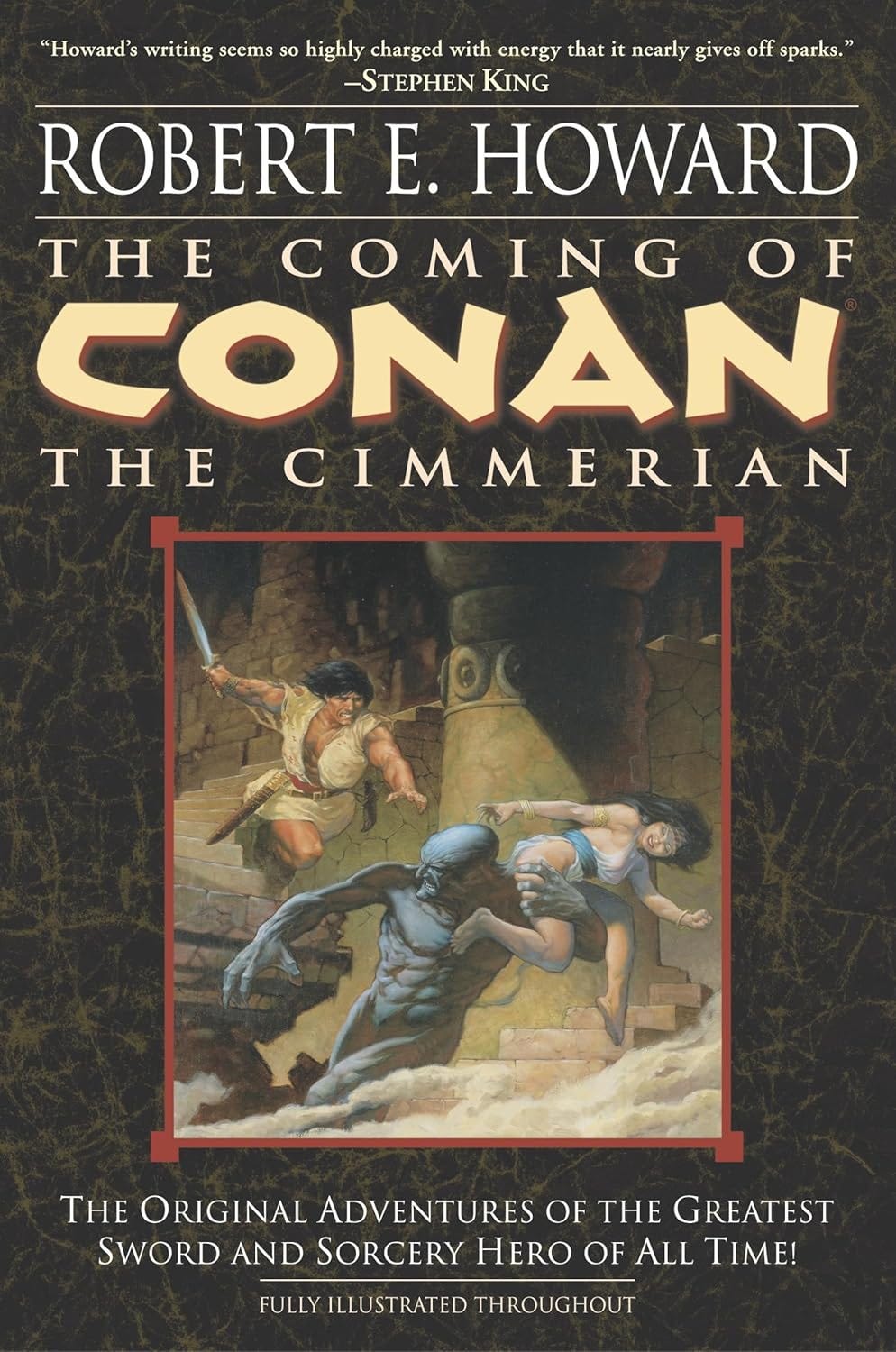
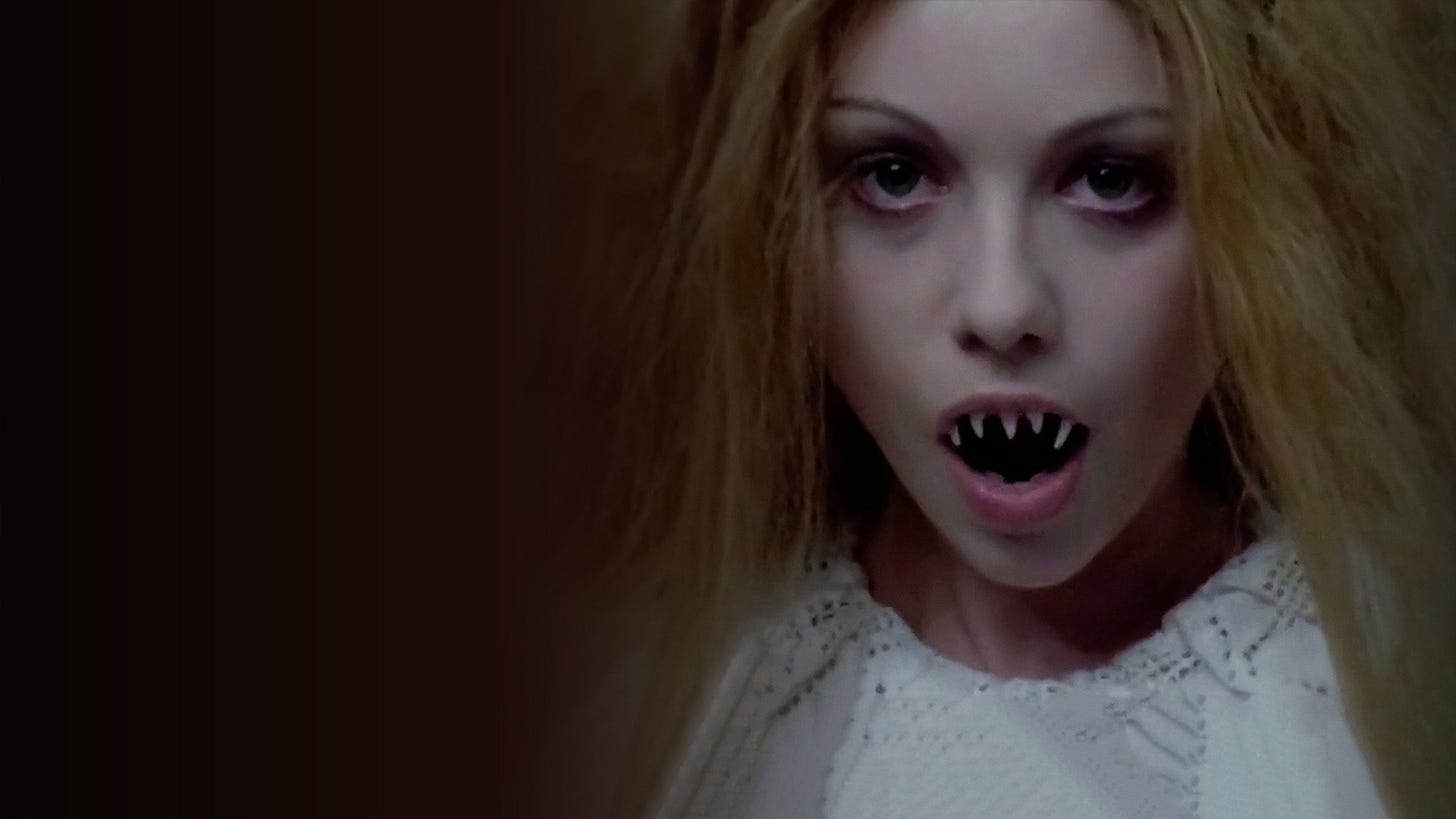
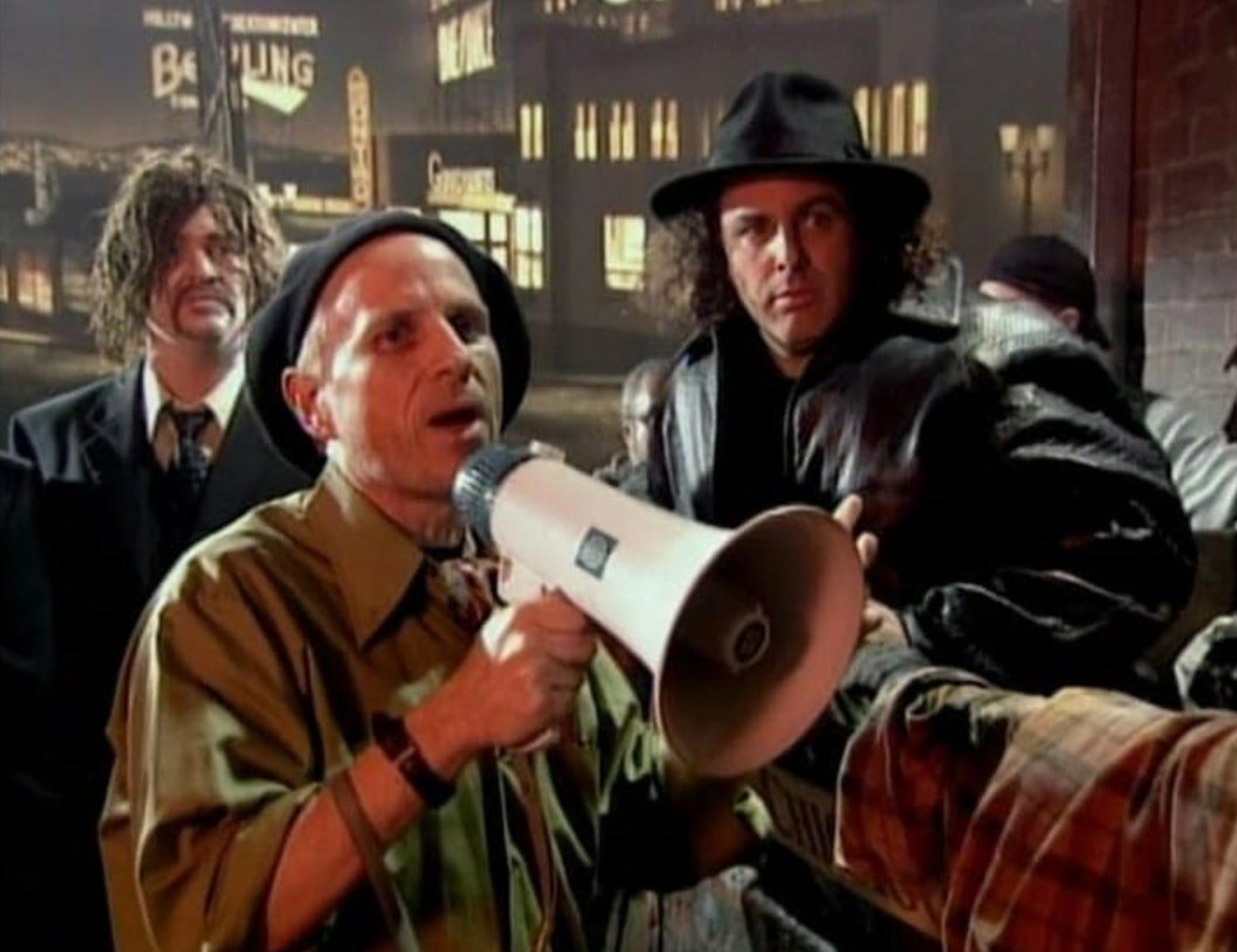
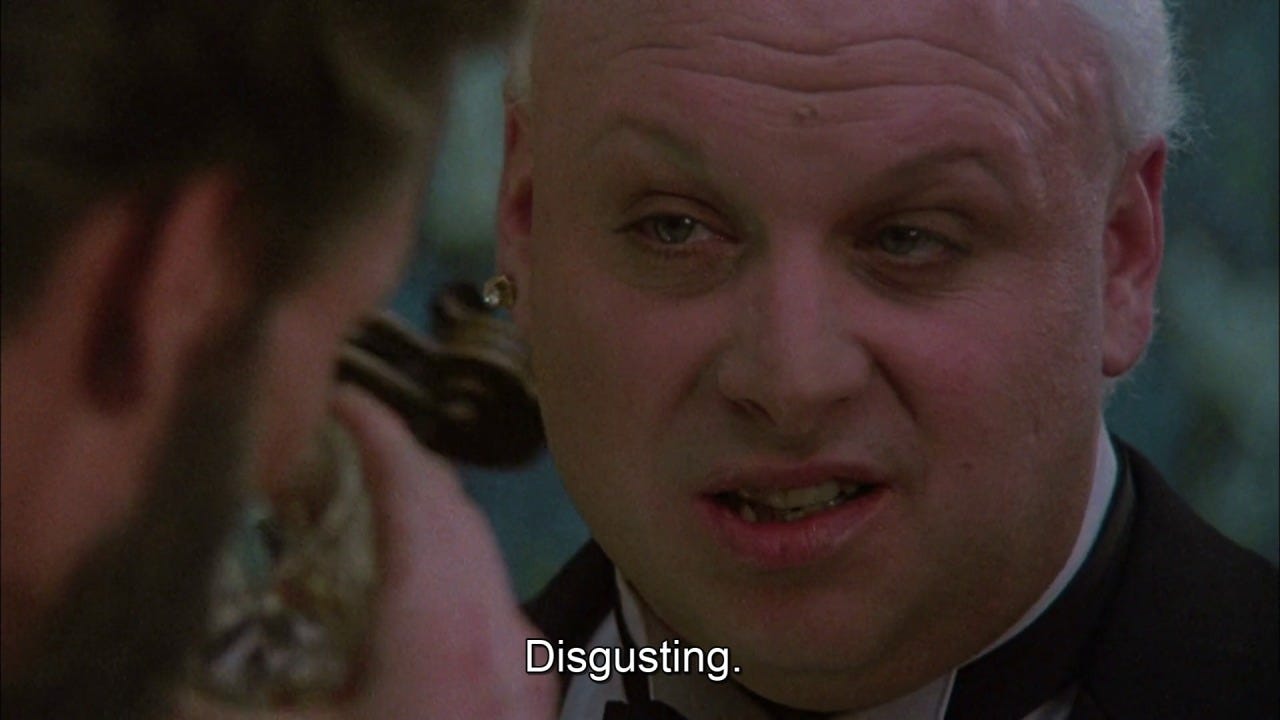
Spats Summer?
Glad to see you here, Dave; keep ‘em coming.